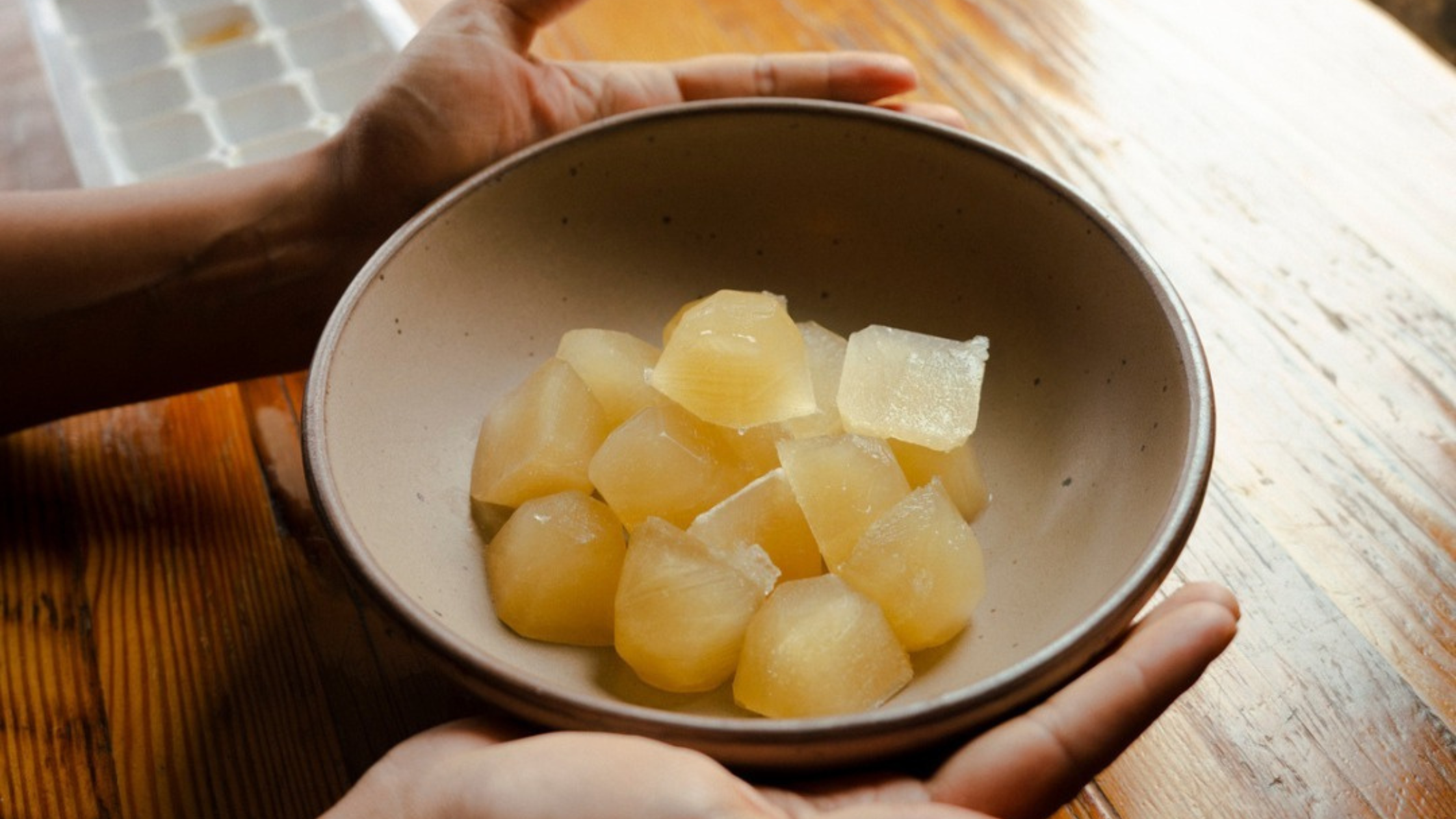
When you hear the word collagen, what’s the first thing that comes to mind?
Is it imagery of youthful skin from video commercials?
To be fair, same, but this wonderful protein does so much more than just try to keep us looking smooth and young. Think of it as the glue that quite literally holds our bodies together.
From our skin to our hair, our bones to our joints, collagen is like little building blocks; keeping our structure, strength and elasticity intact. But, as we age, our bodies produce less collagen, leading to a variety of imperfections, not just cosmetically but functionally.
Let’s explore these pain points.
The most visible (and thought of) signs of collagen deficiency, wrinkles and fine lines can feel like the most dreaded marks of aging, suddenly making many of us regret that we didn’t find or perfect some magical skin routine sooner. But that’s not what’s to blame here.
As our bodies produce less collagen, our skin naturally becomes less plump and is simply more susceptible to sagging. Beyond aesthetics, collagen also plays a part in keeping our skin hydrated, which is why deficiency also leads to dryness, flakiness and a less glowy complexion.
Ever see stretch-like lines on your skin and wonder how they got there? These marks come to the surface of your skin when your collagen fibers are broken down during times of bodily growth.
Similarly, our bodies can also develop conditions like cellulite when our tissues weaken and break down, pushing our fat cells prominently past the collagen fibers.
This one often surprises our community when we tell them. If you’ve been feeling fatigue, it could be from collagen deficiency – same if you’re feeling achy.
A support system for our cartilage and joints, if we’re producing less of this critical component, we’re going to feel stiff, achy and possibly in pain.
Collagen also contributes to muscle recovery, as it does skin and wound recovery, so if our muscles aren’t healing well, we’re not moving well.
While mainstream creams and medspa injections can provide temporary relief from signs and symptoms of collagen deficiency, natural methods can tackle these pain points at the root, rather than just on the surface.
Some ways to boost collagen production in your body include:
Diet: Consuming collagen-rich foods full of amino acids like glycine is most important, and provides the best results possible.
Vitamin C: Feeding your body vitamin C via fruits, berries and vegetables will support collagen synthesis.
Sleep: If you’re not getting enough sleep (7-8 hours), your body isn’t getting enough time to rest and restore itself.
Shorba Bone Broth is a rich source of readily available collagen. Made from locally sourced bones from grass-fed animals, our chicken and beef broths are slow-simmered to extract the maximum amount of nutrients, including collagen.
By incorporating bone broth into your daily routine, your body will get back its internal building blocks, leading to visible erasure of wrinkles while improving your overall skin tone and glow.
Beyond aesthetics, you’ll have stronger joints, improved tissue recovery and increased energy levels, making you feel so much better from the inside out.
Shop Shorba Bone Broth here.